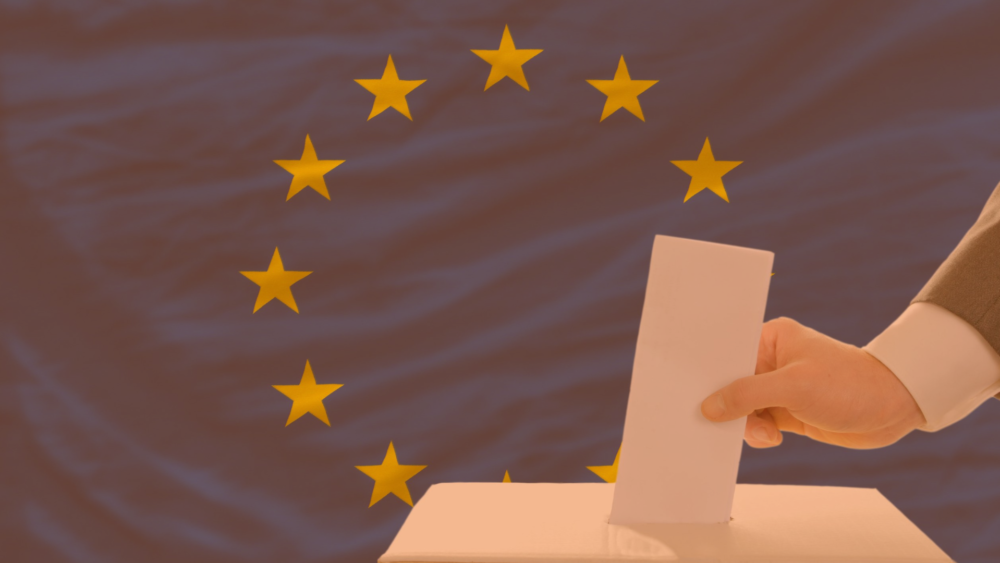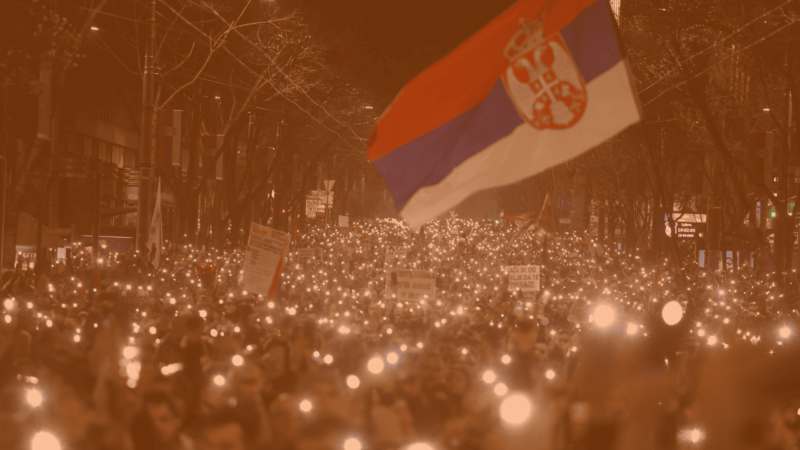On June 9, citizens are called to the polls to elect MEPs to the European Parliament. In view of this electoral contest, one wonders what the motivations are for going to the polls.
What is the contribution of the European Parliament to the decision-making process in the EU?
Although the European Parliament is not the most powerful decision-making body, the gradual strengthening of its role cannot be disputed. The co-decision process makes the European Parliament a co-legislator in approximately 90 percent of European legislation. However, despite the fact that the institutional role of the European Parliament contributes to the strengthening of the democratic legitimacy of European law, it does not seem to alleviate the democratic deficit in the EU.
The 2008 crisis showed that as long as alternative radical political-economic mechanisms are not proposed, the prevailing German orthodox liberal approach in favour of austerity and tight fiscal budgets will continue to dominate the European policy agenda. Improved access to markets favours multinationals and there is greater concentration of economic power in certain regions, as well as large corporations.
States are relinquishing their traditional welfare responsibilities in order to meet the demands of competitiveness and price stability imposed by the single market and currency. The development of a supranational legal order is based on the needs of economic integration and does not derive from a clear programme of political integration.
The institutions remain distant from the citizens, whom they are supposed to serve, and as a result, the democratic process at the European level does not seem particularly effective.
The decision-making process in the EU lacks transparency, is complicated and nullifies the role of small population states. As a result, there is no transnational dialogue on the priorities of European governance.
The vision of a modern EU of prosperity is moving away, as the EMU institutionalises the dismantling of the public sector in the member states and limits the scope of an effective social and fiscal policy.
The EU’s main working assumption, that a reduction in the fiscal deficit automatically leads to lower inflation and higher growth and employment, is not empirically borne out.
It is still evident that the EU Budget is insufficient to pursue a stabilising macroeconomic policy, as well as to achieve real convergence between economies, thus contributing to the enlargement of the democratic legitimacy deficit in the EU.
In addition, one wonders whether the European Central Bank (ECB) respects the mandate given to it by the European legislator, i.e. “to support the general economic policy of the Union” or whether it is in practice subservient to the interests of an economic elite, which in no way serves the real development needs of the economy and moreover is directed against the social and political rights of citizens. The mode of operandi of the ECB ultimately reproduces the inequalities in trade and financing relations within the common market.
The debt crisis demonstrated the economic interdependence of the member states, their shared responsibility and the need to support the fundamental Principles of the Union.
However, the principles of “welfare of peoples”, “social and territorial cohesion”, “solidarity between member states” and “respect for human dignity”, instead of being reaffirmed, are retreating, as institutions are shifting to informal consultation mechanisms of the powerful of the central core. This institutional shift feeds and reinforces the deficit of democratic legitimation in European becoming.
It is a fact that the EU is a union of states, not a union of citizens, as its political integration remains in its infancy, and any institutional improvements do not have a direct reflection on citizens. However, the EU currently manages issues that directly concern European citizens, but their influence is indirect and insufficient.
This policy led to an increase in the discontent of Europeans, who took to the streets demanding better working conditions and pay for a decent living. At the same time, however, they turn to the anti-European forces of the extreme right, which are clearly on the rise.
In addition, high unemployment rates, the decline in the purchasing power of Europeans, the strengthening of income inequalities and the accumulation of wealth among the few have also had knock-on effects, as they have led the EU to lag significantly behind in investment in new green technologies and green hydrogen.
The reason? The reduced ability to absorb new technological products by Europeans due to austerity discouraged business groups from investing in Europe. Today, the EU is technologically behind the US and China, with green growth being now an elusive dream and Europe on the brink of decline.
As a result, European citizens are turning their backs on the EU of deficit democracy and the empowerment of the economically powerful.
With reference to the attitude of European citizens towards the European Parliament, it is observed that the “parliamentary deficit” is exacerbated by the “democratic deficit”, which is further exacerbated as a consequence of the former, so as to create a “two-way syndrome”.
As a result, the European citizens choose to abstain from the European elections, wishing to send a message of dissatisfaction to the leading elites of Brussels, who are trying to convince them that their participation in the European elections will bridge the gap of democratic legitimacy.
The above back and forth insults the democracy of the European Parliament and highlights the citizen as the big loser, the “European patient”.
Do you want to be informed of DiEM25's actions? Sign up here















